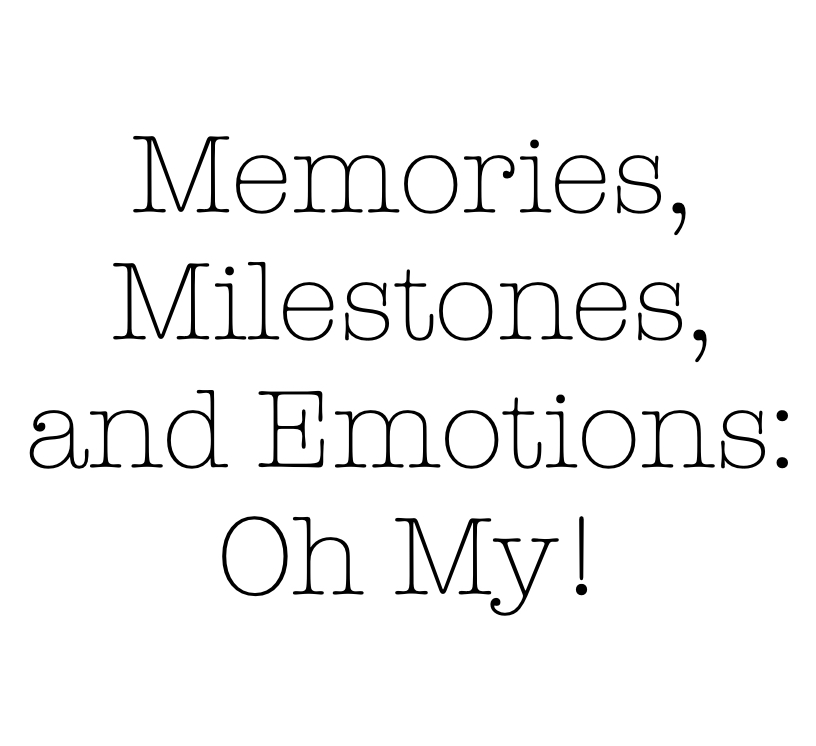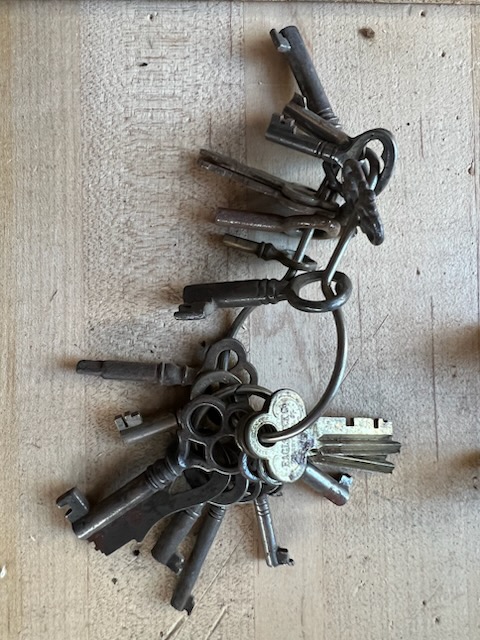The following is an excerpt from Page 37 of the Muse’s Guide: Your guide to Humans. This little known manual was recently discovered. A copy is provided to each of our Muse’s during their orientation as they wait to be assigned to a Human. This series will reveal some of the insight contained within the dog eared and highlighted pages of the Muse’s Guide.
…you will remember that despite being tough or even confident on the outside, a human’s real battles is within. That Narrator (inner voice) is determined to keep them from creating. Each Human has a creative spark within them. They are designed to bring that creativity into the world. That creativity is continually attacked, but not always directly. The subtlety of each attack depends on your human, but one of the worst attacks is comparison.
A few years ago, there was this one Human. You can look it up, but Stephanie was assigned to this mustached one that became some sort of leader. Teddy something, but that is not important. The key was what he learned from Stephanie about comparison.
“Comparison is the thief of Joy.”
Instead of moving forward in their own journey, humans continually look around and measure themselves against others. This comparison helps steal joy away, especially when they are first getting started.
The Narrator gets really loud. The Narrator seeks out ways to compare your Human to others and conclude that your human should stop, give up, because they are not at valuable as someone else.
A recent example involved James who was assigned to that artist, writer, and potter Annie. Annie has been on our radar for a while now. She is so talented. Her creativity has manifested through various mediums, yet the same things keep getting in the way. Comparison seems to really work on her to stop her from sharing her gifts with others.
We recently found a transcript of the Annie’s Narrator as she was thinking about sharing or even selling some of her recent pottery.
“You are making some progress, but you are not ready to share your work. Look around at Jim’s recent creation, you are not at his level. Maybe you never will be at that level.”
The Narrator starts with some acknowledgment of Annie’s progress, then takes away her confidence and discounts her work.
It gets worse.
“You are pretty good, but look at all these other artists. It is not only Jim, and Alex, and Pam in your class, but these others are so much better than you. Maybe they worked harder, but they appear to have more natural talent than you. You are not ready. You are not good enough.”
The Narrator finds an endless comparison list. As soon as Annie feels confident that her progress matches that first standard, the standard changes again. And again, and again with a never-ending list of comparisons.
Remember, everything fails by an irrelevant standard.
Don’t be fooled into thinking that comparison is a new tactic. It has been happening from the beginning. The new ways your human compares themselves to others are just faster versions and make your job a little more challenging.
Muse Suggestions against Comparison – remember each human is unique so this guide will provide some ideas to help and you may need to try variations to best meet your human’s needs.
Human’s and Self-Worth – Remember that poster in the Muse break room “Human beings, not Human doings” that helps us understand the real issue. Humans forget that they have worth just by being, not by what they do. This connection between what they do or accomplish and how they feel about themselves is strong.
Strong but Wrong.
Remind them of their value.
Remind them of their worth.
Remind them that creating or accomplishing feels good, but those feelings are in addition to feeling good about their own value or worth.
Comparison Triggers – Each Human finds a mix of comparison markers to measure themselves against. Some will be in their actual circles (friends, colleagues, family members) but many of these comparisons are strangers from across the globe. Humans see others from the outside, feel their own inner battle, and forget that other humans also have inner battles.
Remind them to take a break from viewing others.
Remind them that they are not alone when they struggle.
Remind them to be aware of what triggers negative feelings when viewing others.
Remind them that all Humans are racing together, and not against each other.
Being a Muse is not an easy job.
Being a Muse is not about a formula or following steps to solve a problem. Humans are not a problem. Humans are magnificent, strange, creative, complex, weird, temperamental, and insecure.
Your job is to guide, support, inspire, and encourage your Human.
If you liked this please share it:












